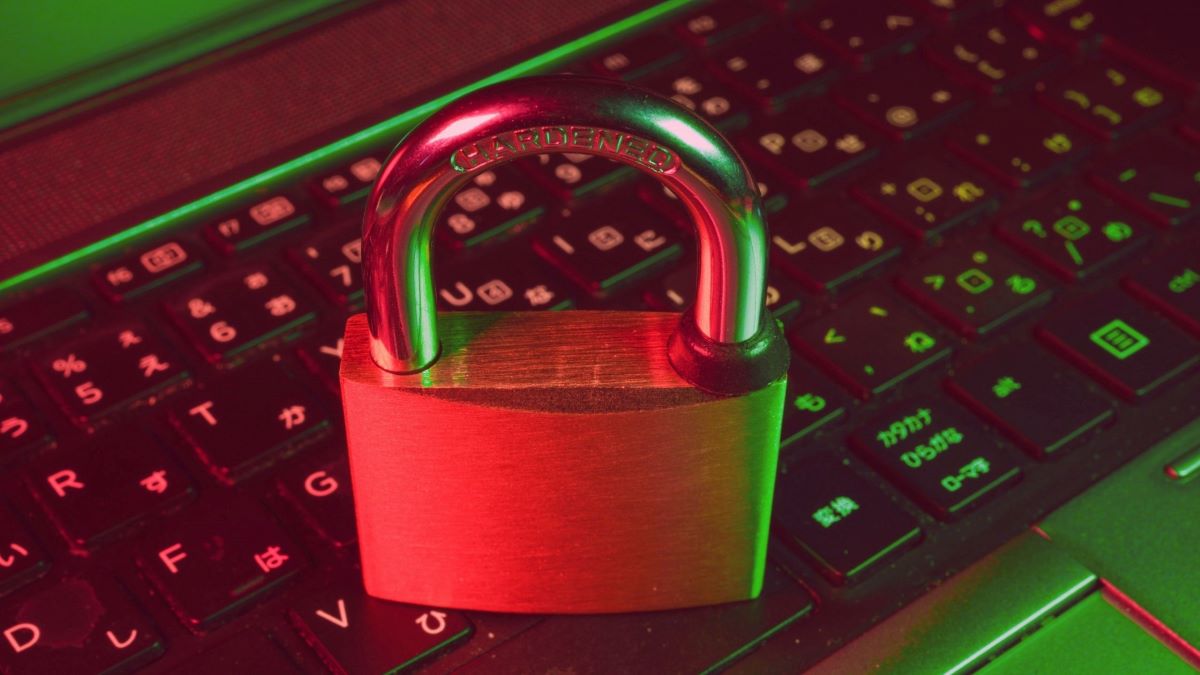How to secure your business messaging with CPaaS

No matter how strong your business security is, you’re constantly at risk of cyber breaches. However, there are numerous measures a business can take to secure business messaging drastically. In this article, I will explain what to take into account and how CPaaS can help.
Why is secure business messaging important?
Secure communication is a fundamental business requirement and should be one of the key strategies for organizations to communicate with their customers, employees and suppliers, and to collaborate securely from any device.
Mobile has seen significant growth for the last 15 years, with most service industries seeing 60-80% of their customers communicate with the business via mobile channels. Messaging is one of the components of mobile customer engagement – and customers’ adoption rate is high.
If organizations are not available to customers over their preferred channels, they are missing important revenue-generating opportunities, while potentially leaving their customers disengaged.
A secure messaging channel will provide the same kind of real-time engagement as a phone call, but with a new level of fluidity as to when the exchange takes place, allowing it to naturally fit into a customer’s life.
With the right message security protocols in place for this channel, organizations can avoid security incidents such as data spills.
When choosing a secure messaging service, keep in mind that end-to-end encryption is not a catch-all security feature to protect yourself from surveillance.
Even if you use a secure messaging app, an unsecured device will allow anyone access to messages. When considered a solution provider, organizations should evaluate features, update frequency, and spam filtering, plus advanced identification of social engineering attacks including spear phishing and account takeovers.
Consequences of not having a secure business messaging
We’ve seen several breaches tied to mobile messaging across the world, including some of our own competitors, in the last few months. Such breaches have very negative effects on the organisations targeted.
The immediate effect is the interruption or complete halt to mission-critical applications, leading to loss of revenue, trust and engagement. And in the long term, the damage can be vast and destructive. Both the mobile message creator and deliverer will see these negative consequences.
A non-quantifiable effect is the immediate and lingering reputation damage. Now customers, partners and the public can’t fully trust your brand. On top of that comes massive security fines, cyber insurance costs (if you’re lucky enough to have insurance!) and/or a further loss of revenue from long-term harm to your business brand.
Tips to secure your business messaging
I’ve often heard from some of the best hackers out there that companies forget to secure the basics. Every business should start with securing all the basics and work their way up towards all the endpoints.
For example:
- Don’t trust every single cybersecurity vendor to solve your problem.
- Secure things like firewalls, endpoints, servers and devices.
- Encrypt devices, messages and data.
- Train people on cybersecurity.
Any external companies you partner with should follow the same standards of cybersecurity that you do, and all GDPR requirements. Getting cyber insurance is highly advisable too.
Finally, it’s important to begin penetration testing by hiring hackers to try and hack you. If they can’t or have a REALLY hard time doing so, you’ll know you’ve built a secure infrastructure, mobile message security included.
How BYOD policy can affect your business messaging security
When an organization supports a BYOD (Bring Your Own Device) policy, it becomes more difficult to physically safeguard enterprise communications. Much of this is due to the fact that social media apps have pressing security loopholes and threats when it comes to sensitive information.
While organizations believe that messaging apps have significant business benefits, the fact that employees’ use of consumer messaging apps cannot be monitored or controlled is a major cause for concern.
It is important for organizations to have a BYOD management with some kind of mobile security that can manage business applications separately from those used for personal reasons. Additional login credentials must be strictly required to prevent non-authorized users’ access to company data.
How a CPaaS platform can help secure your business messaging
Ideally, we’d like one app, platform, or feature that we could use to address or mitigate all security issues. As it stands, many organizations must go through many routes to integrate multiple platforms to communicate with customers, employees, family, and colleagues.
Unfortunately, all popular encrypted messaging apps can only be used to talk to others that use the same platform. Regardless, organizations should select a resource with at least the following capabilities:
- Encryption options for SMS transmittal
- Allow messaging data and metadata to be secured throughout the system
- Password policy controls for expiry and account lockout
- Security with role-based permissions and license controls over features
- Industry Leading Security Certification
- Adherence to a privacy statement standard
Soprano is a Communication Platform as a Service (CPaaS) hosted in an industry-leading private cloud data centre. Our service is used by many public and private organizations worldwide, including those in government agencies, financial services, healthcare, and other security and compliance-driven industries.
Customers use our messaging platform to enhance their data privacy controls with encrypted data (both at rest and in motion) to reduce the risk of security breaches. You will also benefit from HTTPS or FTPS for enhanced data transport security, plus mobile messaging for two-factor authentication and one-time passwords.
Interested in learning more?


